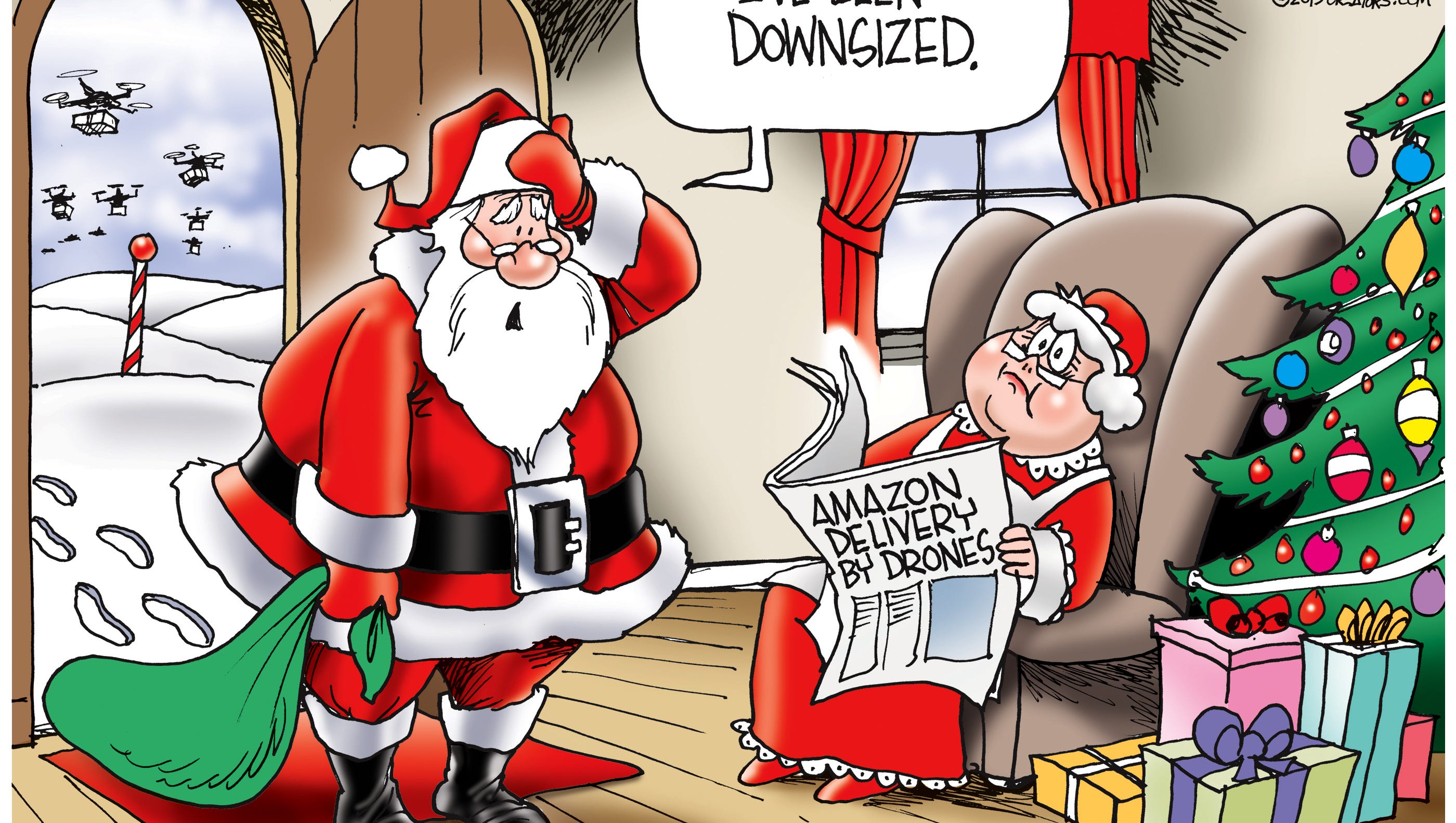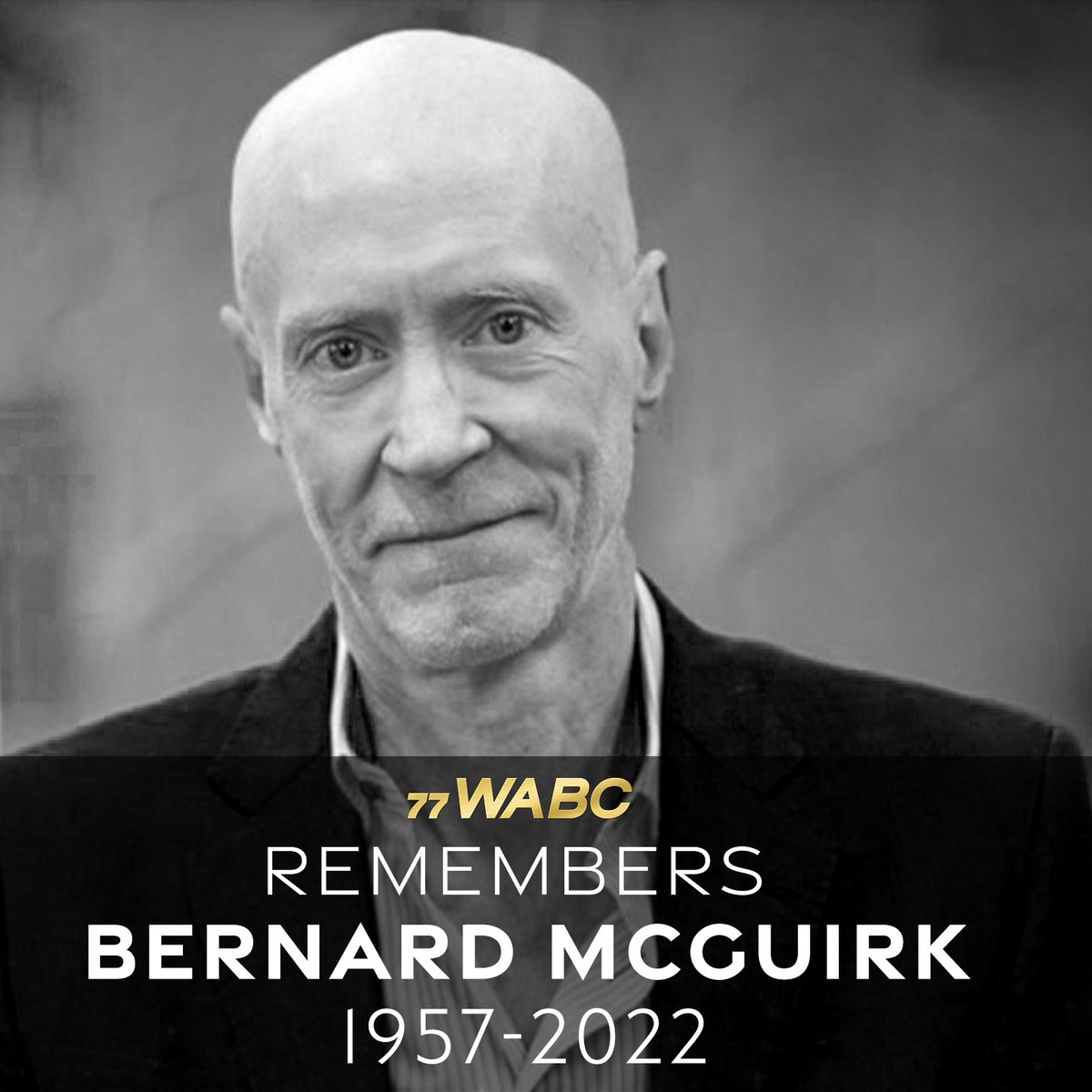The Ultimate Guide To 9/11 Jokes: Laugh And Remember
9/11 jokes, a controversial form of humor, attempt to find laughter in the darkest of tragedies.
9/11 jokes are a type of dark humor that deals with the September 11, 2001 terrorist attacks. They are often seen as offensive and disrespectful, but some people argue that they can be a way to cope with the tragedy and move on.
There is no one definitive answer to the question of whether or not 9/11 jokes are appropriate. Some people find them to be a harmless way to deal with a difficult topic, while others find them to be disrespectful and hurtful. Ultimately, it is up to each individual to decide whether or not they find 9/11 jokes to be funny or offensive.
- Amber Heard And Jason Momoa Together
- Kirk Herbstreit Family Pic
- Carrie Underwood
- Justin Bieber P Diddy
- Daniel Radcliffe Age In 2001
However, it is important to remember that 9/11 was a real tragedy that resulted in the deaths of thousands of innocent people. If you are considering making a 9/11 joke, it is important to be sensitive to the feelings of others and to avoid making light of the tragedy.
9/11 jokes
9/11 jokes are a controversial form of humor that has been around since the September 11, 2001 terrorist attacks. These jokes often make light of the tragedy, and they can be seen as offensive and disrespectful by some people.
Key Aspects:
- 9/11 jokes are often seen as offensive and disrespectful.
- Some people argue that 9/11 jokes can be a way to cope with the tragedy and move on.
- It is important to be sensitive to the feelings of others when making 9/11 jokes.
{point}
9/11 jokes can be seen as offensive and disrespectful because they make light of a tragedy that resulted in the deaths of thousands of innocent people.
Facets:
- 9/11 jokes can be seen as making fun of the victims of the attacks.
- 9/11 jokes can be seen as making light of the seriousness of the attacks.
- 9/11 jokes can be seen as being in poor taste.
Summary:
Ultimately, it is up to each individual to decide whether or not they find 9/11 jokes to be funny or offensive. However, it is important to be aware of the potential for offense when making these jokes.
{point}
Some people argue that 9/11 jokes can be a way to cope with the tragedy and move on.
Facets:
- 9/11 jokes can provide a way to release tension and stress.
- 9/11 jokes can help people to feel a sense of community with others who have experienced the tragedy.
- 9/11 jokes can help people to process their emotions about the tragedy.
Summary:
While 9/11 jokes can be controversial, they can also serve a therapeutic purpose for some people. It is important to be respectful of others' feelings when making these jokes, but they can be a way to cope with the tragedy and move on.
{point}
It is important to be sensitive to the feelings of others when making 9/11 jokes.
Facets:
- 9/11 jokes should not be made in the presence of people who were directly affected by the attacks.
- 9/11 jokes should not be made in a public setting where they could offend others.
- 9/11 jokes should not be made in a way that is disrespectful to the victims of the attacks.
Summary:
9/11 jokes can be a controversial form of humor, but it is important to be sensitive to the feelings of others when making these jokes. By following these guidelines, you can help to ensure that your jokes are not offensive or disrespectful.
9/11 jokes
9/11 jokes, a controversial form of humor, attempt to find laughter in the darkest of tragedies. These jokes often make light of the tragedy, and they can be seen as offensive and disrespectful by some people.
- Offensive: 9/11 jokes can be seen as making fun of the victims of the attacks.
- Disrespectful: 9/11 jokes can be seen as making light of the seriousness of the attacks.
- Therapeutic: Some people argue that 9/11 jokes can be a way to cope with the tragedy and move on.
- Contextual: It is important to consider the context in which 9/11 jokes are made.
- Subjective: Ultimately, it is up to each individual to decide whether or not they find 9/11 jokes to be funny or offensive.
- Cultural: 9/11 jokes can reflect the cultural values and beliefs of the people who make them.
- Historical: 9/11 jokes can provide insights into how people have coped with tragedy throughout history.
These key aspects highlight the complex and controversial nature of 9/11 jokes. While some people find them to be offensive and disrespectful, others argue that they can be a way to cope with the tragedy and move on. Ultimately, it is up to each individual to decide whether or not they find 9/11 jokes to be funny or offensive.
Offensive
9/11 jokes that make light of the victims' suffering can be seen as highly offensive. These jokes can be perceived as mocking or disrespecting the memory of those who lost their lives or were affected by the attacks.
- Trivializing the Tragedy: Some 9/11 jokes attempt to downplay the severity of the attacks, treating them as a trivial matter. This can be seen as disrespectful to the victims and their families, as it fails to acknowledge the gravity of the event.
- Mocking the Victims: Certain 9/11 jokes directly target the victims of the attacks, making fun of their appearance, actions, or reactions. Such jokes are particularly offensive as they mock the suffering of innocent individuals.
- Perpetuating Negative Stereotypes: Some 9/11 jokes reinforce negative stereotypes about the victims or their communities. These jokes can be hurtful and divisive, as they perpetuate harmful generalizations about entire groups of people.
- Exploiting a Sensitive Topic: 9/11 jokes exploit a sensitive and tragic event for comedic purposes. This can be seen as disrespectful and exploitative, as it uses a serious topic for entertainment.
In conclusion, 9/11 jokes that make fun of the victims of the attacks are offensive because they trivialize the tragedy, mock the victims, perpetuate negative stereotypes, and exploit a sensitive topic for comedic purposes.
Disrespectful
9/11 jokes that make light of the seriousness of the attacks can be seen as disrespectful because they undermine the significance and gravity of the event. These jokes treat the attacks as a trivial matter, which can be hurtful to those who were affected by them.
- Trivializing the Attacks: Some 9/11 jokes attempt to downplay the severity of the attacks, treating them as a minor or insignificant event. This can be seen as disrespectful as it fails to acknowledge the immense loss of life and suffering that resulted from the attacks.
- Mocking the Victims: Certain 9/11 jokes mock the victims of the attacks, making fun of their reactions or the way they died. Such jokes are particularly disrespectful as they show a lack of empathy and compassion for those who suffered.
- Exploiting a Tragic Event: 9/11 jokes exploit a tragic event for comedic purposes. This can be seen as disrespectful as it uses a serious and sensitive topic for entertainment.
- Perpetuating Negative Stereotypes: Some 9/11 jokes perpetuate negative stereotypes about the victims or their communities. These jokes can be hurtful and divisive, as they reinforce harmful generalizations about entire groups of people.
In conclusion, 9/11 jokes that make light of the seriousness of the attacks are disrespectful because they trivialize the event, mock the victims, exploit a tragic event, and perpetuate negative stereotypes.
Therapeutic
9/11 jokes can serve as a therapeutic tool for some individuals in coping with the trauma and aftermath of the 9/11 attacks. These jokes can provide an outlet for expressing complex emotions, such as anger, grief, and fear, in a socially acceptable manner.
Humor can act as a defense mechanism, allowing people to process and release difficult emotions. By using jokes to address the tragedy, individuals may find a way to confront and manage their feelings, rather than suppressing or avoiding them.
Furthermore, 9/11 jokes can foster a sense of community and shared experience among those who have been affected by the attacks. Sharing jokes within a group that understands the context and shared trauma can provide a sense of belonging and support.
It is important to note that the therapeutic value of 9/11 jokes is subjective and can vary depending on the individual and the context in which the jokes are made. Some people may find humor to be an inappropriate or disrespectful way to cope with such a serious event, while others may find it to be a helpful and cathartic mechanism.
Overall, while 9/11 jokes can be controversial, they can also serve a therapeutic purpose for some individuals. They can provide an outlet for expressing difficult emotions, fostering a sense of community, and aiding in the process of coping and moving on.
Contextual
The context in which a 9/11 joke is made can significantly influence its interpretation and reception. Jokes that are made in private settings among close friends or family members may be received differently than jokes made in public forums or by public figures.
- Audience: The intended audience of a 9/11 joke can shape its appropriateness. Jokes made within a group of people who share similar experiences and perspectives may be more likely to be understood and appreciated than jokes made to a more diverse audience.
- Time and Place: The timing and location of a 9/11 joke can also affect its reception. Jokes made shortly after the attacks or at a memorial site may be seen as insensitive and disrespectful, while jokes made years later or in a more lighthearted setting may be more acceptable.
- Intent: The intent of the person making the joke is another important factor to consider. Jokes that are made with malicious intent or to intentionally offend are more likely to be seen as inappropriate, while jokes that are made with a more lighthearted or humorous intent may be more easily forgiven.
- Cultural Background: The cultural background of the people involved in the joke can also influence its interpretation. Jokes that are made within a particular cultural context may not be understood or appreciated by people from other cultures.
By considering the context in which a 9/11 joke is made, we can better understand its intended meaning and potential impact. This can help us to make more informed judgments about whether or not a particular joke is appropriate or offensive.
Subjective
The subjective nature of humor plays a significant role in the perception of 9/11 jokes. What one person finds humorous, another may find deeply offensive. This subjectivity stems from several factors:
- Personal experiences: Individuals who have been directly affected by the 9/11 attacks or have close connections to victims may find jokes about the tragedy to be insensitive and disrespectful.
- Cultural background: Cultural norms and values can influence how people perceive humor. Jokes that are considered acceptable in one culture may be seen as offensive in another.
- Context: The context in which a joke is made can also affect its reception. Jokes that are made in private settings among friends may be more easily accepted than jokes made in public forums.
The subjectivity of 9/11 jokes highlights the importance of respecting individual sensitivities and perspectives. It is essential to be mindful of the potential impact of jokes on others and to avoid making light of a tragedy that has caused so much pain and suffering.
Furthermore, the subjective nature of humor underscores the need for open dialogue and understanding. By engaging in respectful conversations, we can work towards creating a more inclusive and compassionate society where humor is used to bring people together rather than divide them.
Cultural
9/11 jokes can provide insights into the cultural values and beliefs of the people who make them. Humor often serves as a reflection of societal attitudes and norms, and 9/11 jokes are no exception. By examining the content and themes of these jokes, we can gain a deeper understanding of the cultural context in which they are created and consumed.
For instance, in some cultures, 9/11 jokes may be used as a coping mechanism, a way to process and make sense of a traumatic event. These jokes can serve as a form of release, allowing individuals to express their emotions and experiences in a socially acceptable manner.
In other cultures, 9/11 jokes may be used to critique or challenge prevailing narratives about the attacks. By using humor to question official accounts or to highlight the suffering of victims, these jokes can serve as a form of social commentary or political dissent.
Understanding the cultural context of 9/11 jokes is crucial for interpreting their meaning and significance. By considering the values and beliefs of the people who create and share these jokes, we can gain a more nuanced understanding of the role of humor in society and the ways in which it can be used to express a wide range of emotions and perspectives.
Historical
9/11 jokes, while often controversial and polarizing, offer a unique window into the human experience of coping with tragedy. Throughout history, humor has served as a coping mechanism for individuals and communities grappling with adversity, and 9/11 jokes are no exception.
By examining the content and themes of 9/11 jokes, we can gain insights into the ways in which people have processed and made sense of this traumatic event. These jokes can reveal the fears, anxieties, and uncertainties that accompany such a profound loss.
Furthermore, 9/11 jokes can shed light on the resilience and adaptability of the human spirit. By using humor to confront tragedy, individuals can reclaim a sense of agency and control over their lives. Jokes can provide a means of expressing complex emotions, such as anger, grief, and fear, in a socially acceptable manner.
Understanding the historical context of 9/11 jokes is crucial for appreciating their significance. By recognizing the long-standing tradition of using humor to cope with tragedy, we can better comprehend the role of these jokes in the healing process.
FAQs on 9/11 Jokes
9/11 jokes, while sometimes controversial, have been used as a coping mechanism and form of social commentary in the years following the 9/11 attacks. Here are some frequently asked questions and their answers to provide a comprehensive understanding of this topic:
Question 1: Are 9/11 jokes disrespectful or offensive?
Answer: The perception of 9/11 jokes as disrespectful or offensive is subjective and varies among individuals. Some people find these jokes to be insensitive and inappropriate, while others view them as a way to process and cope with the tragedy. It's important to consider the context and intent behind the joke, as well as the potential impact on those affected by the attacks.
Question 2:What is the purpose of 9/11 jokes?
Answer: 9/11 jokes can serve various purposes. For some, they provide a means of coping with the trauma and expressing complex emotions in a socially acceptable way. These jokes can also be used as a form of social commentary, challenging prevailing narratives or highlighting the suffering of victims. Additionally, 9/11 jokes can offer insights into the cultural values and beliefs of the people who create and share them.
Ultimately, the interpretation and significance of 9/11 jokes depend on various factors such as personal experiences, cultural background, and the context in which they are made or received. It is important to approach these jokes with sensitivity and respect for the victims and their families.
Conclusion
9/11 jokes occupy a complex and often controversial space in the realm of humor. While they may be seen by some as disrespectful or offensive, others argue that they serve a therapeutic purpose in coping with tragedy and fostering a sense of community. The appropriateness and interpretation of these jokes depend on various factors, including context, intent, and individual sensitivities.
Ultimately, the exploration of 9/11 jokes provides insights into the human experience of coping with trauma, the role of humor in social commentary, and the cultural values and beliefs that shape our responses to tragedy. By engaging in respectful and open-minded dialogue, we can foster a greater understanding of this multifaceted topic and its implications for society.
- Kim Young Dae
- Chris Mcnally Relationships
- Children Of Elon Musk Names
- Laura Govan Height
- Jason Momoa

Christmas jokes 2022 Funny memes, oneliners to make dad proud

Local author explores hope found by 9/11 survivors in talk

Alan on Twitter "He and the IMan are cracking jokes on all of us